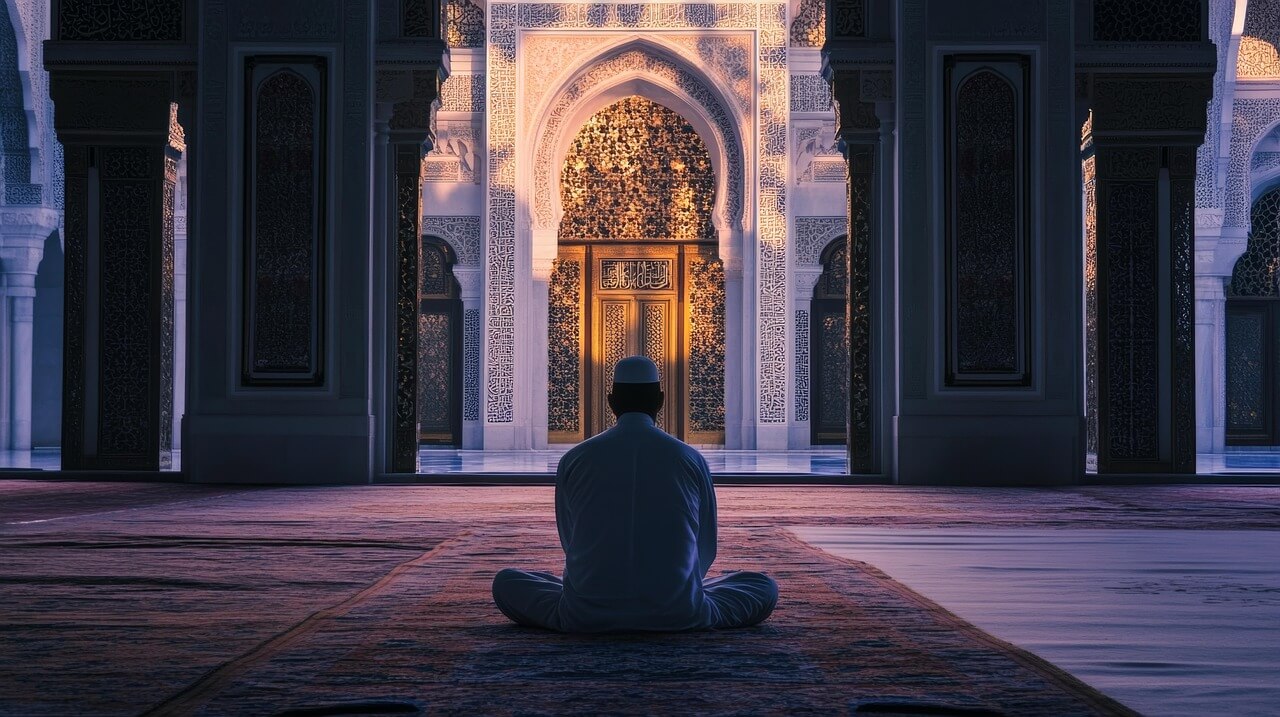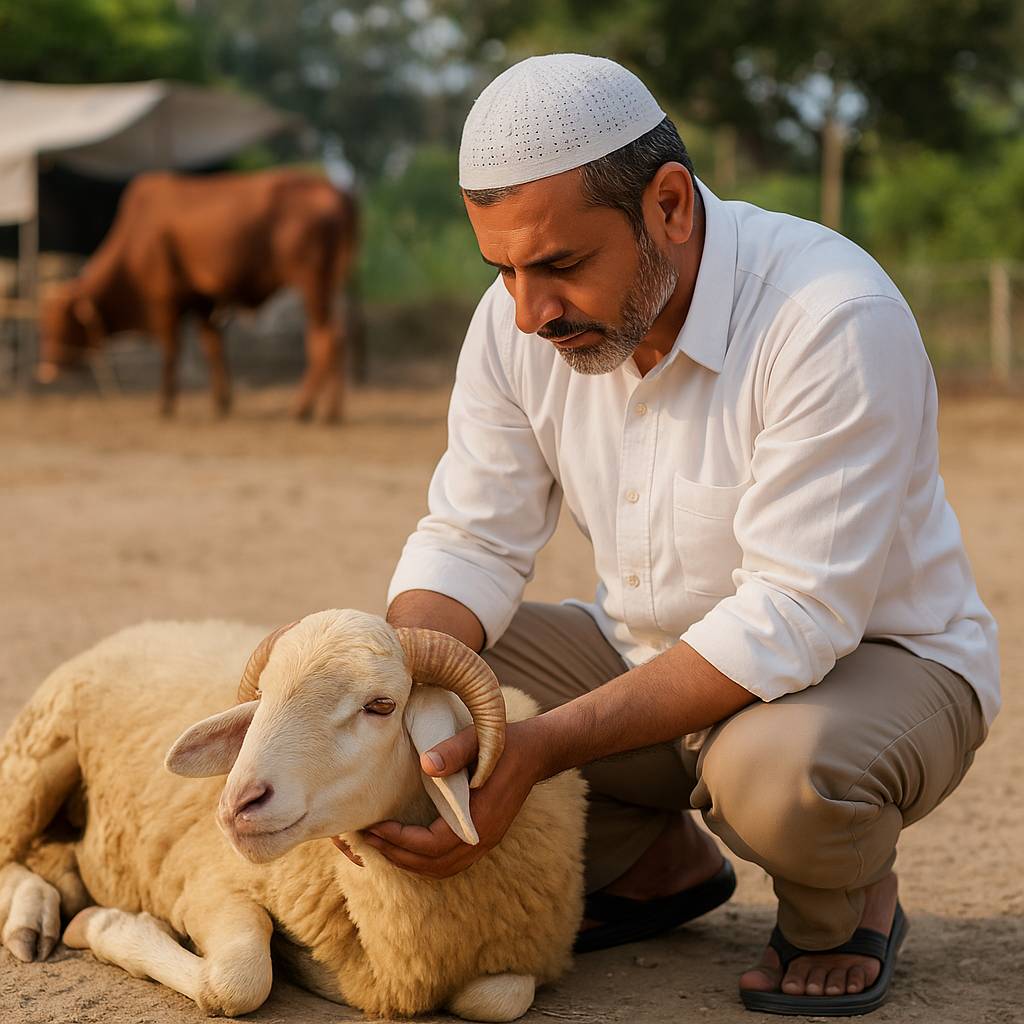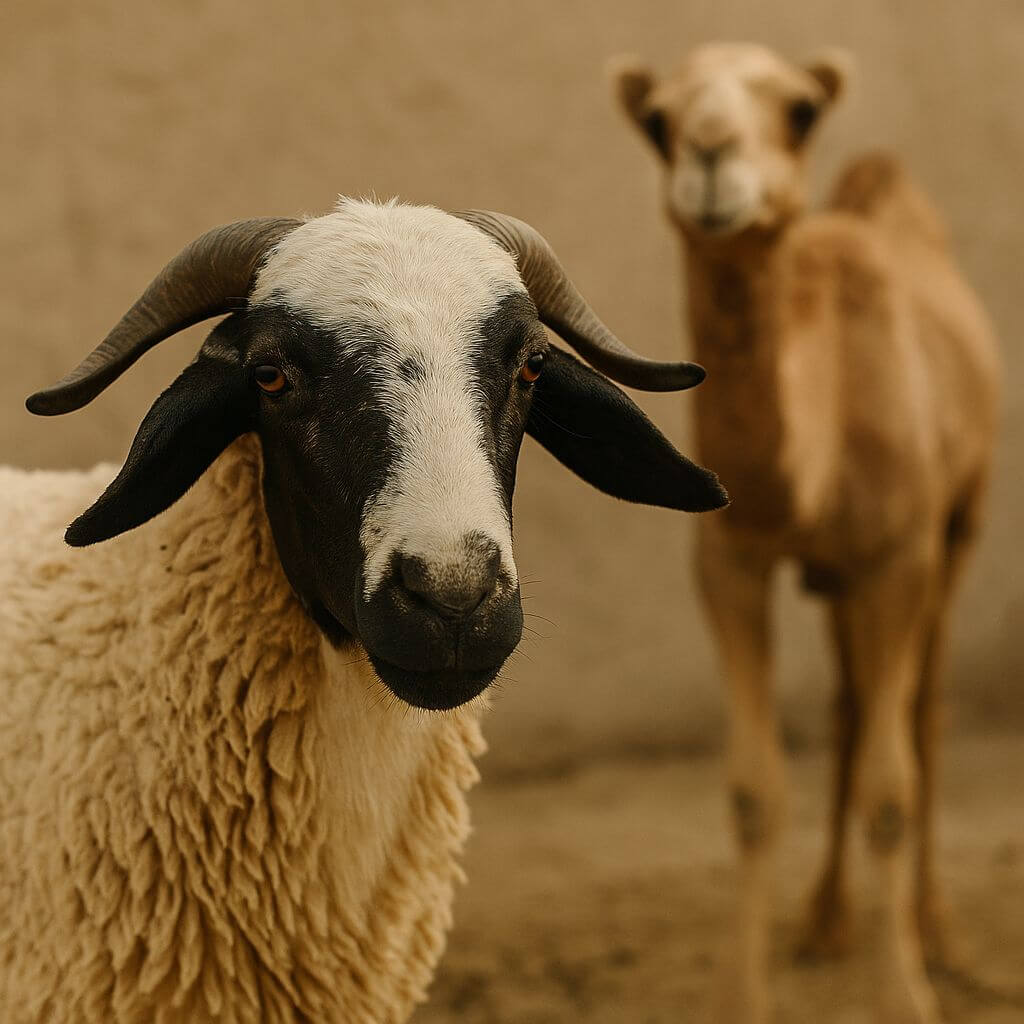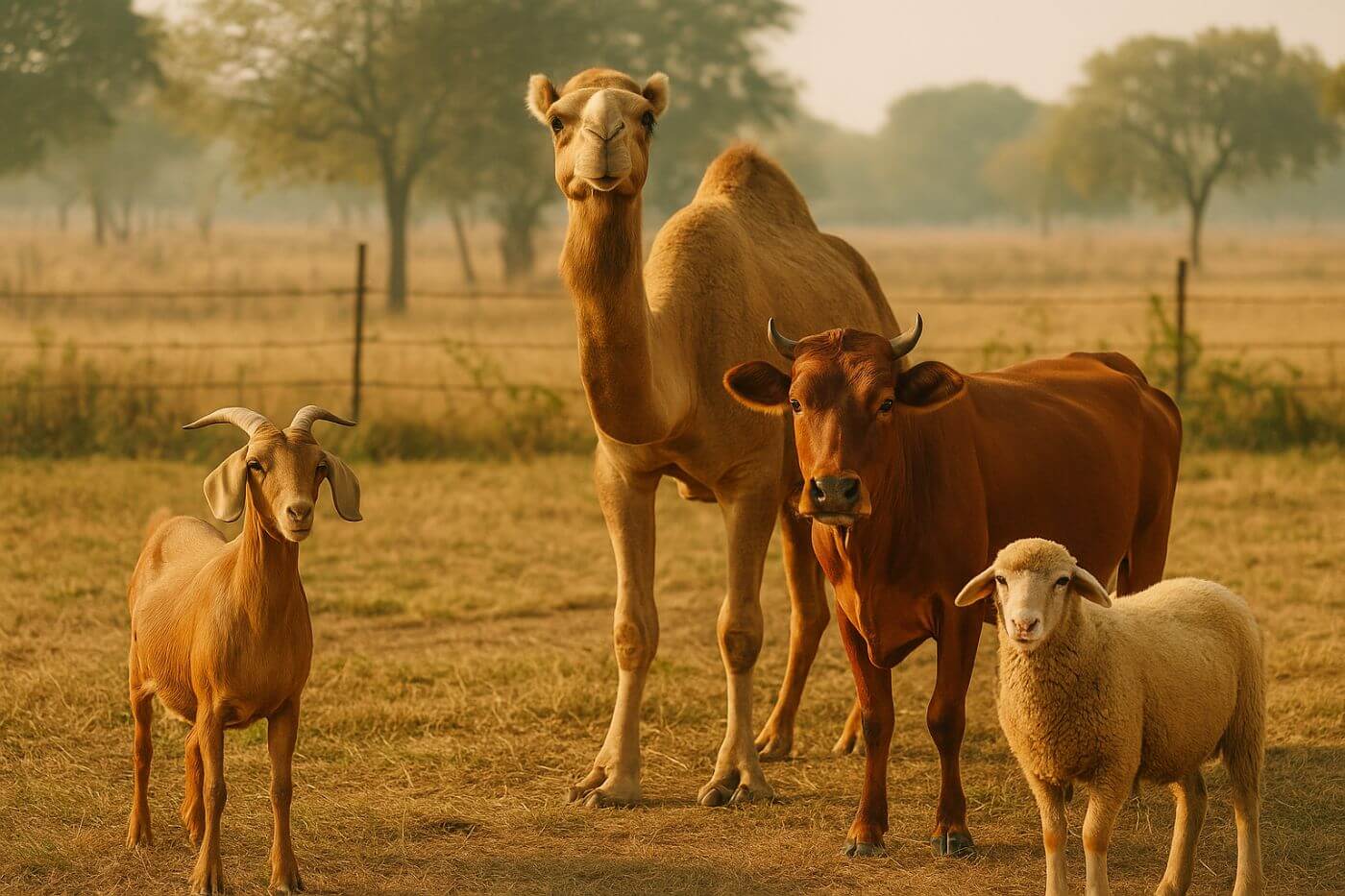
Ramadan Rules and Traditions: A Guide to Observing the Holy Month
Ramadan is one of the most significant and sacred months in the Islamic calendar, observed by millions of Muslims worldwide. It is a time of spiritual reflection, self-discipline, and devotion, marked by fasting from dawn to sunset, increased prayers, and acts of charity. Beyond abstaining from food and drink, Ramadan is about fostering a deeper connection with faith, cultivating empathy for those in need, and strengthening community bonds.
Understanding the key rules and traditions of Ramadan helps not only those observing the month but also fosters greater awareness and respect within diverse communities.
The Purpose and Significance of Ramadan
Ramadan is the ninth month of the Islamic lunar calendar and commemorates the revelation of the Quran to Prophet Muhammad (peace be upon him). It is considered a time of heightened spirituality, where Muslims strive to purify their hearts, seek forgiveness, and engage in good deeds.
The central objectives of Ramadan include:
- Spiritual Growth: Strengthening one’s relationship with Allah through prayer, reflection, and recitation of the Quran.
- Self-Discipline: Practicing self-restraint from physical needs and negative behaviours.
- Empathy and Charity: Understanding the struggles of the less fortunate and increasing acts of generosity.
Key Rules of Fasting During Ramadan
Fasting during Ramadan, known as Sawm, is one of the Five Pillars of Islam. It involves abstaining from food, drink, smoking, and intimate relations from dawn (Fajr) until sunset (Maghrib). However, fasting is not just a physical act; it’s also a spiritual exercise, requiring the avoidance of negative behaviours such as gossip, anger, and dishonesty.
Who Must Fast?
Fasting is obligatory for all adult Muslims who are physically and mentally capable. However, exemptions are provided for:
- Children (pre-puberty)
- Elderly individuals who are unable to fast
- Pregnant, breastfeeding, or menstruating women
- Travellers on long journeys
- Individuals with health conditions where fasting could be harmful
Those who are temporarily unable to fast may make up the missed days later, while those with permanent conditions can offer fidya (charitable compensation) instead.
What Breaks the Fast?
The fast is broken if any of the following occur during fasting hours:
- Eating or drinking intentionally
- Smoking
- Engaging in intimate relations
Unintentional actions, such as eating or drinking by mistake, do not invalidate the fast.
Daily Traditions Observed During Ramadan
1. Suhoor (Pre-Dawn Meal)
Before dawn, Muslims wake up for Suhoor, a pre-fast meal that provides the necessary energy for the day ahead. This meal is often light but nutritious, including foods rich in fibre, protein, and hydration.
2. Fajr Prayer (Dawn Prayer)
After Suhoor, Muslims perform the Fajr prayer, marking the beginning of the fasting period for the day.
3. Increased Prayer and Quran Recitation
Ramadan is a time for heightened spirituality. Muslims engage in additional prayers, especially the Taraweeh, which are special nightly prayers performed in congregation at mosques. Many also aim to complete the recitation of the entire Quran during the month.
4. Iftar (Breaking the Fast)
At sunset, the fast is broken with the Maghrib prayer followed by Iftar, traditionally starting with dates and water, as was the practice of Prophet Muhammad (peace be upon him). This is followed by a larger meal shared with family, friends, or the community.
Acts of Charity and Community Spirit
Ramadan is not just about personal reflection—it’s also a time to give back to those in need. Acts of charity are highly encouraged, including:
- Zakat (Obligatory Charity): One of the Five Pillars of Islam, Zakat is a mandatory form of almsgiving for those who meet the criteria.
- Sadaqah (Voluntary Charity): Giving beyond Zakat, Sadaqah can be in the form of money, food, or even simple acts of kindness.
- Feeding the Needy: Providing meals to the poor, organising community Iftar events, and supporting food distribution programs are common charitable activities during Ramadan.
The Last Ten Nights and Laylat al-Qadr (The Night of Power)
The last ten nights of Ramadan hold special significance, as they include Laylat al-Qadr, believed to be the night when the Quran was first revealed. This night is considered more blessed than a thousand months, and Muslims dedicate extra time to prayer, supplication, and seeking forgiveness.
Eid al-Fitr: The Celebration After Ramadan
Ramadan concludes with Eid al-Fitr, a joyful festival marking the end of the fasting month. It is a time of gratitude, celebration, and community gatherings. Traditions during Eid include:
- Performing the Eid prayer in congregation.
- Giving Zakat al-Fitr, a charitable donation required before the Eid prayer to help those in need participate in the festivities.
- Sharing meals, exchanging gifts, and spending time with family and friends.
How You Can Make a Difference This Ramadan
Ramadan is not only a time for personal growth but also for making a positive impact in the lives of others. At ARO, we are committed to supporting vulnerable communities through initiatives that provide food, clean water, education, and shelter.
Your support can help us:
- Provide Iftar meals to families struggling with food insecurity.
- Build water wells to ensure access to clean drinking water.
- Support orphans and vulnerable children with essential resources.
Extend your generosity this Ramadan. Donate Now to help ARO continue its life-changing work and bring hope to those in need.
Your kindness can make all the difference this holy month.
Related Project: Hunger Relief



